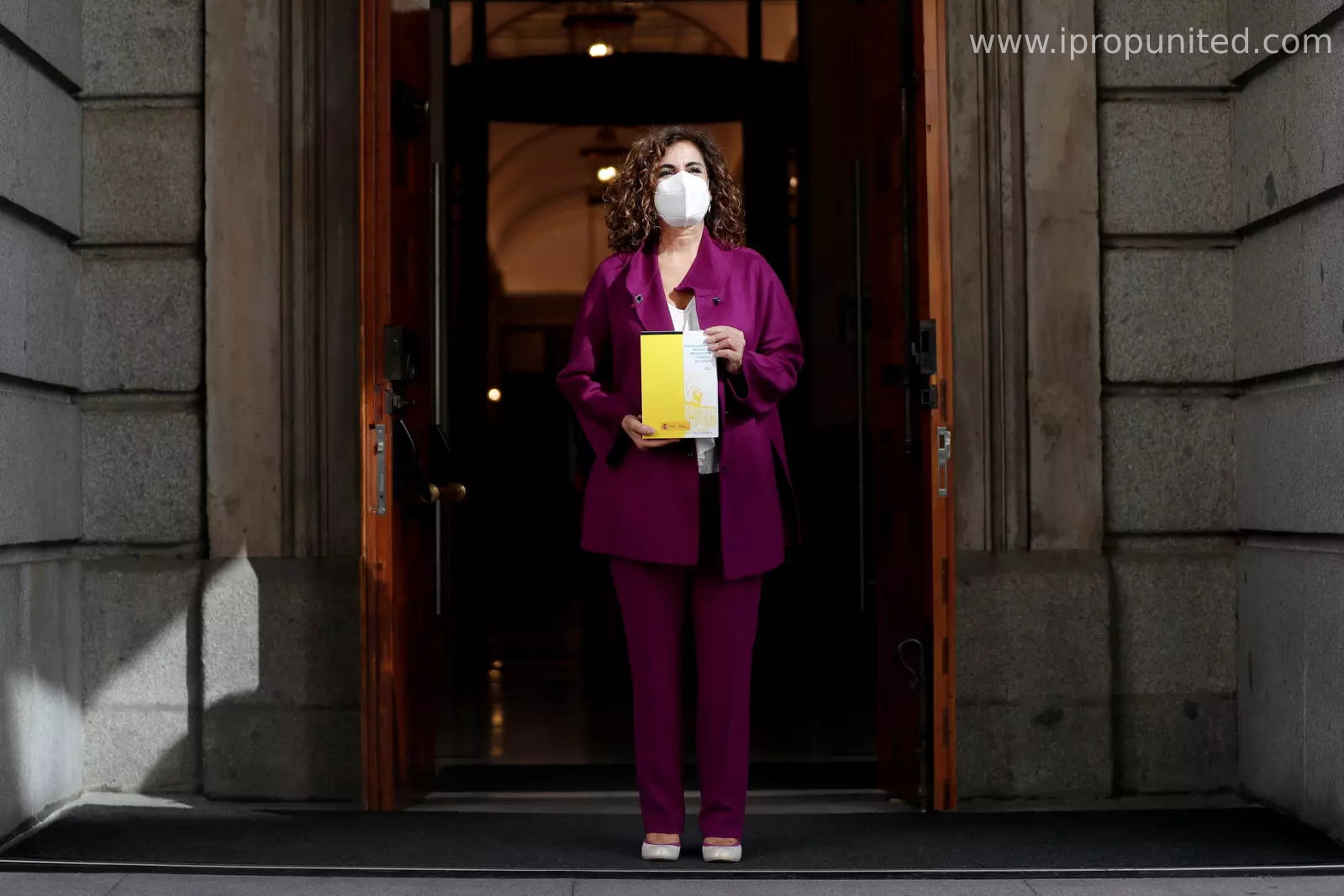The discount on the company tax had previously favoured property rental firms over individual landlords – who receive 60% tax rebates for renting out their properties.
To qualify for the tax rebate, the firms will now have to ensure that 54% or more of their income comes from residential renting properties and for achieving this they have to rent out at least eight properties for three years each.

On Wednesday in Madrid, Budget Minister Maria Jesus Montero said that the fiscal subsidy provided to companies specializing in renting out properties to 40% in 2022 will be slashed out by Spain’s government, more than halving the current rate of 85%. The discount on the company tax had largely supported property rental firms over private landlords – who obtain 60% tax compensations for renting out their properties.
To qualify for the tax rebate, the firms will now have to ensure that 54% or more of their income comes from residential lettings and for achieving this they must rent out at least eight properties for three years each.
Montero said in a news conference, “We know that Spain has a problem regarding access to housing, as has been said in every study and report on the subject. “” This general budget will help all young Spaniards realize their life projects.”
Earlier this month, the leftist coalition government agreed on a draft housing law that targets the lack of accessible real estate. Specifying “big landlords” as any entity occupying 10 or more properties and moving to cap rental prices in high-demand zones.
For months the housing law had proved a sticking point and the last week deal struck between junior member Unidad and ruling socialist party PSOE getting the government’s general budget for 2022 through to parliament was pivotal.








